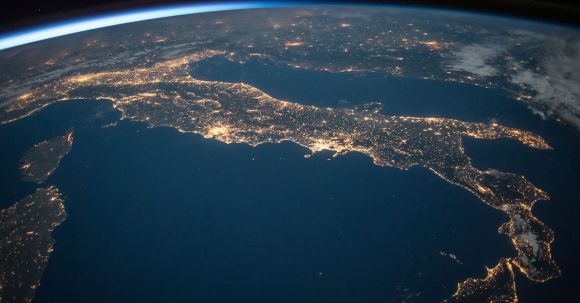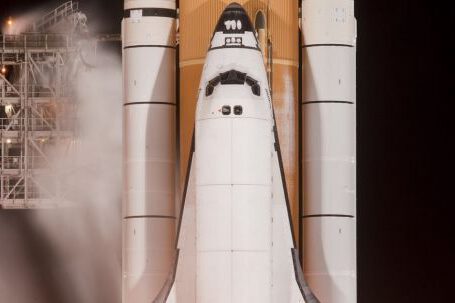The concept of multiverses has captured the imagination of scientists and laypeople alike. It offers the possibility of multiple universes existing alongside our own, each with its own set of physical laws and properties. But what is the truth about multiverses? In this article, we will explore the current scientific understanding of this intriguing concept.
Theoretical Foundations
The idea of a multiverse is rooted in theories from cosmology and quantum mechanics. In cosmology, the inflationary theory suggests that the universe underwent a rapid expansion shortly after the Big Bang. This theory leads to the possibility of a vast number of “bubble” universes, each with its own unique properties.
Quantum mechanics, on the other hand, introduces the concept of parallel universes through the phenomenon of wave function collapse. According to this interpretation, every quantum event gives rise to multiple outcomes, each occurring in a separate universe. This idea forms the basis of the many-worlds interpretation of quantum mechanics.
Empirical Evidence
While the concept of multiverses is fascinating, it is important to note that direct empirical evidence for their existence remains elusive. Due to the vast distances and timescales involved, it is challenging to observe or experimentally confirm the existence of other universes.
However, there are several lines of indirect evidence that lend support to the notion of multiverses. One such line of evidence comes from the study of cosmic microwave background radiation, which provides insights into the early stages of the universe. Certain anomalies in this radiation pattern could be explained by the presence of neighboring universes.
Another form of evidence comes from the study of the fundamental constants of nature. It has been suggested that the values of these constants may vary from universe to universe, and our universe happens to have the specific set of values that allow for the existence of life. This idea, known as the anthropic principle, implies that the existence of multiple universes could explain the fine-tuning of our own universe.
Criticism and Challenges
As with any scientific concept, the idea of multiverses has its fair share of critics and challenges. Some argue that the concept lacks testability and therefore falls outside the realm of scientific inquiry. Others question the validity of the underlying theories, suggesting that alternative explanations could account for the observed phenomena.
Additionally, the concept of multiverses raises philosophical and metaphysical questions. If there are infinite universes, does every possible outcome exist somewhere? How do we define the boundaries between universes? These questions highlight the complex nature of the multiverse concept and the ongoing debates surrounding it.
Conclusion
In conclusion, the truth about multiverses remains an open question in science. While theoretical foundations and indirect evidence offer support for their existence, direct empirical confirmation has yet to be achieved. The concept of multiverses continues to inspire scientific research and spark philosophical debates, pushing the boundaries of our understanding of the universe. Whether multiverses are ultimately proven to be real or remain purely theoretical, they serve as a reminder of the vastness and complexity of the cosmos we inhabit.





